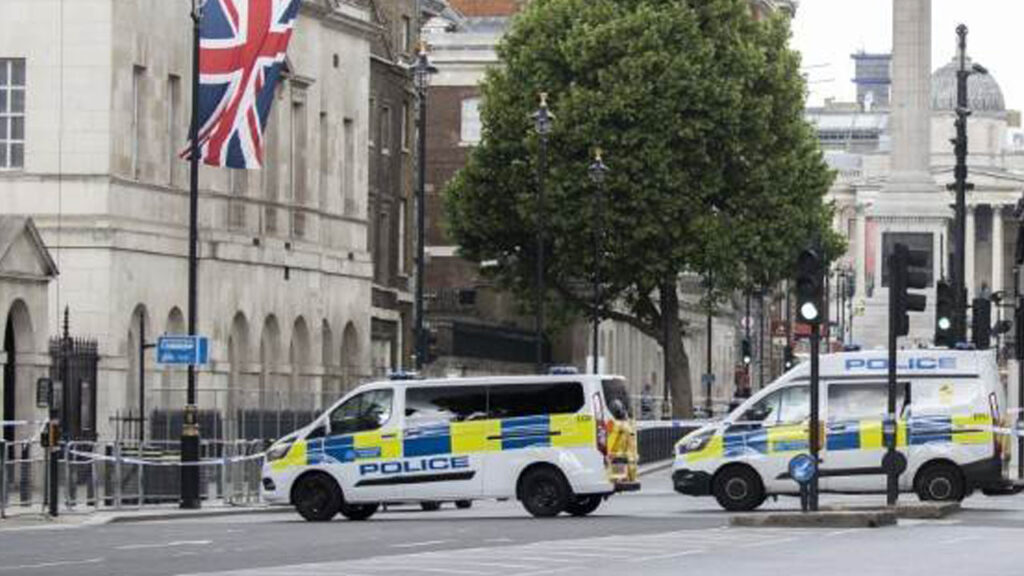Germany has seen a huge wave of protests against the far-right AfD in recent weeks, but they appear to have done little to dilute support for the anti-immigration party in its stronghold.
With its cobbled streets, red sloping roofs and timber-fronted houses, the rural town of Raguhn-Jessnitz in the former East German state of Saxony-Anhalt last year became the first in Germany to elect an AfD mayor.
And residents remain unapologetic about their choice, even if they refuse to give their names when talking about it.
The AfD is “the only party that will change anything”, one 37-year-old father-of-three told AFP outside a budget supermarket in Jessnitz.
“I voted for other parties for years. It’s just talk and in the end they don’t do anything,” he said.
Asked whether the huge anti-AfD mobilisation had changed his views, he replied: “It has only made them stronger.”
The Alternative for Germany (AfD) party was created in 2013 as an anti-euro outfit before seizing on anger over mass migration to Germany to enter parliament for the first time in 2017.
The party then failed for several years to make any more meaningful progress.
However, it has seen a renewed surge in popularity over the past 12 months, seizing on concerns over rising migration, high inflation and a stumbling economy.
– Mass deportations –
The AfD is currently polling in second place nationally, second only to the conservatives. It is the top party in several eastern regions where elections are set to be held later this year.
But the party sparked a backlash last month after a press investigation revealed that some of its members had discussed the idea of mass deportations at a meeting with extremists.











